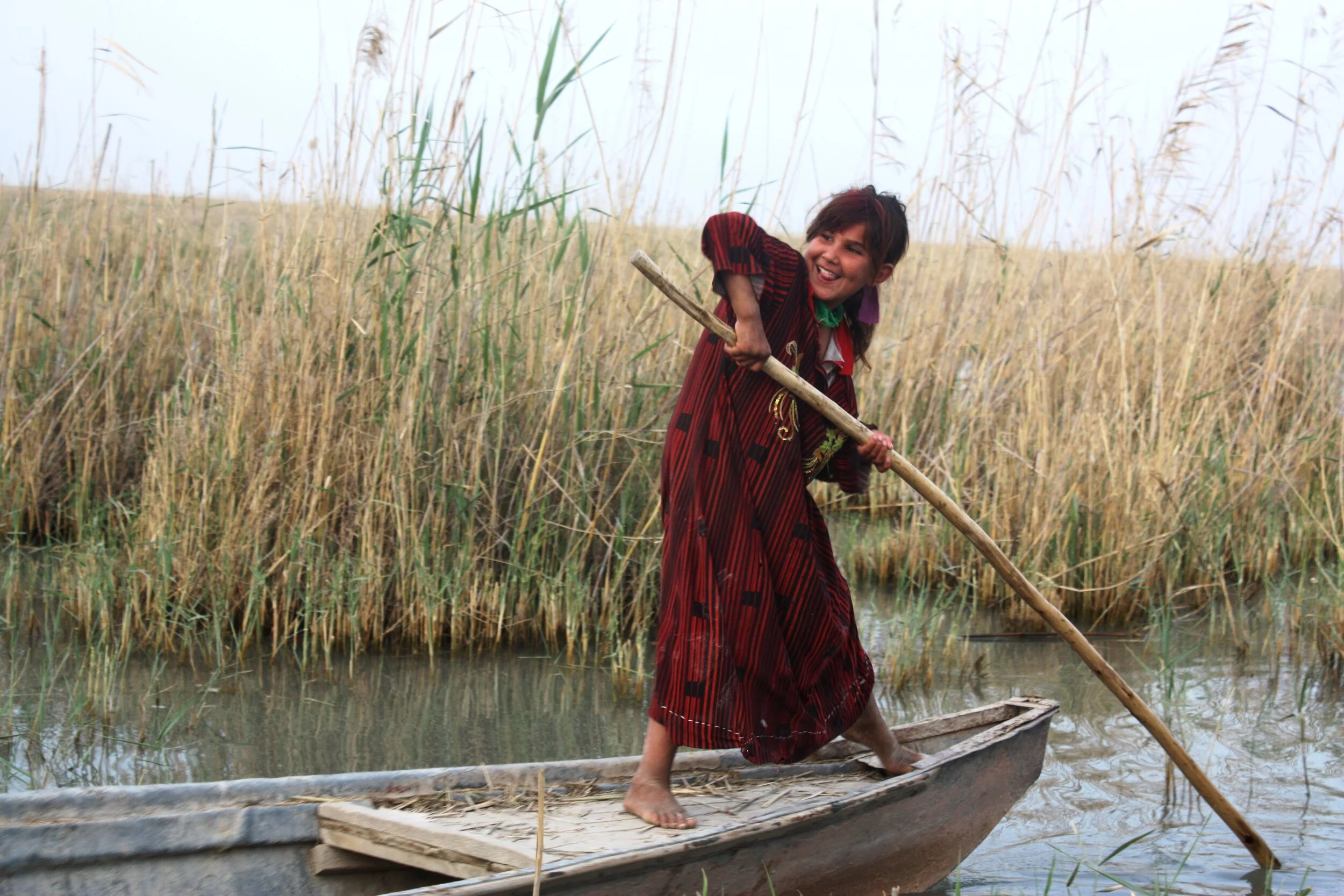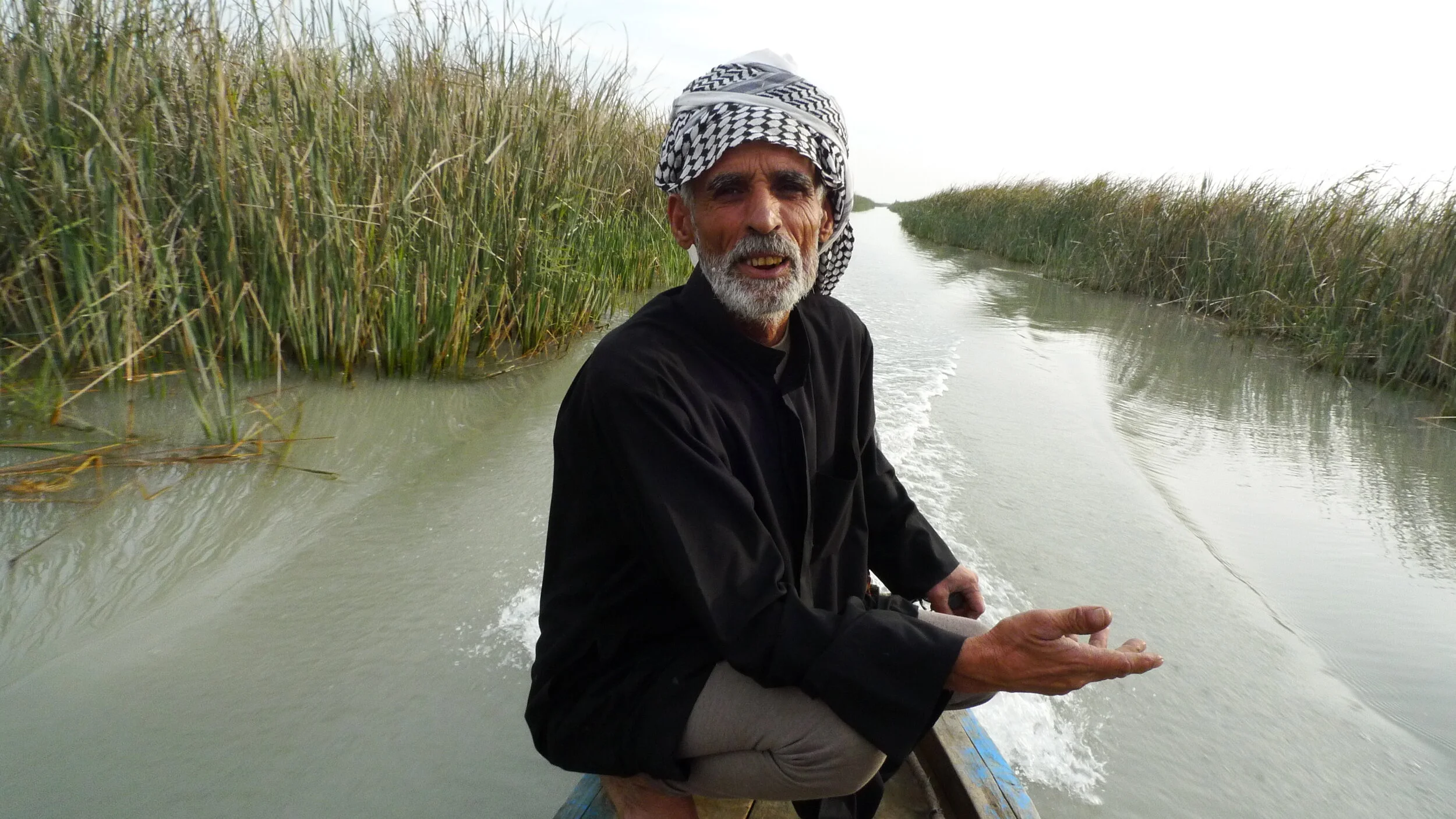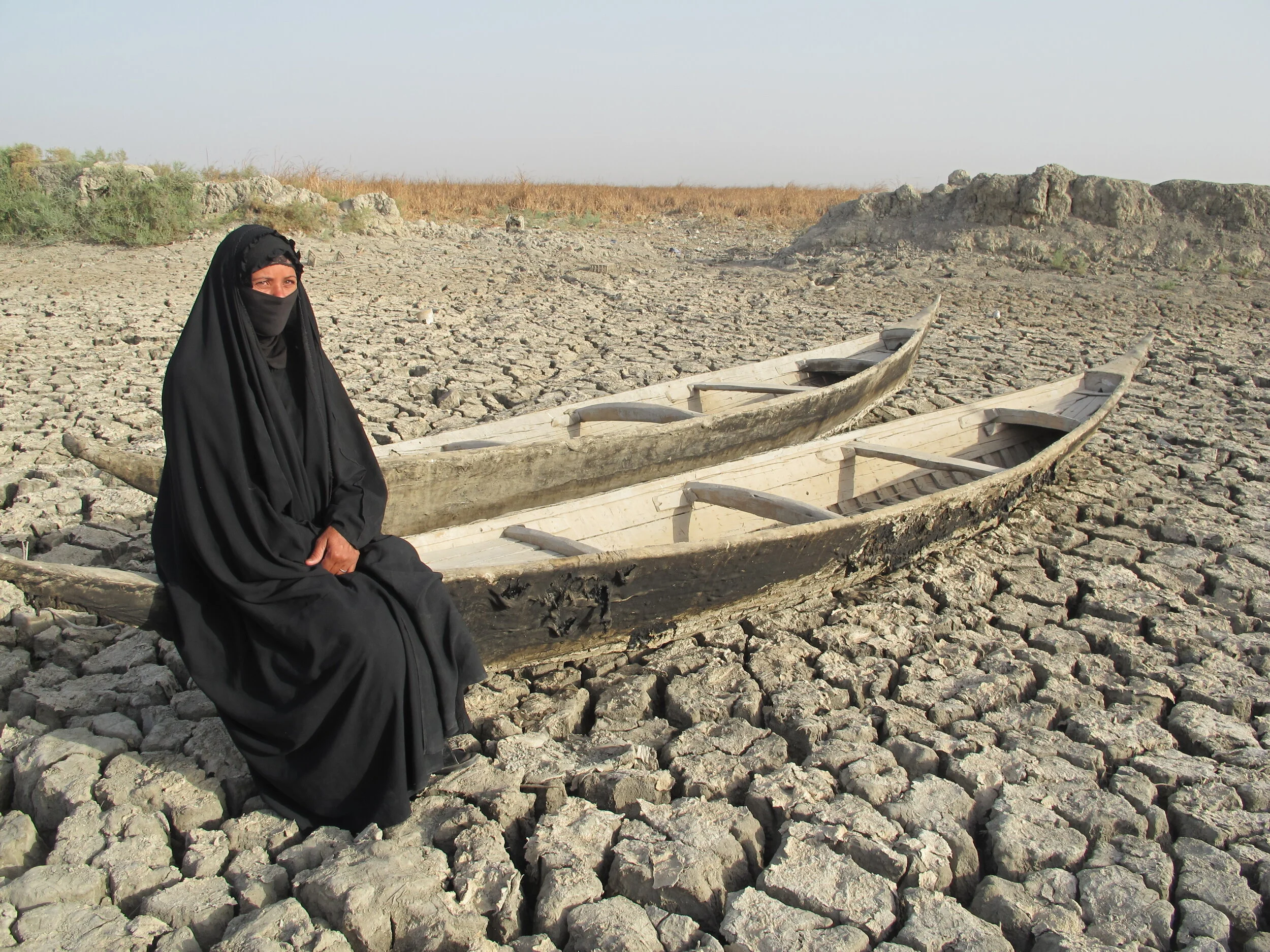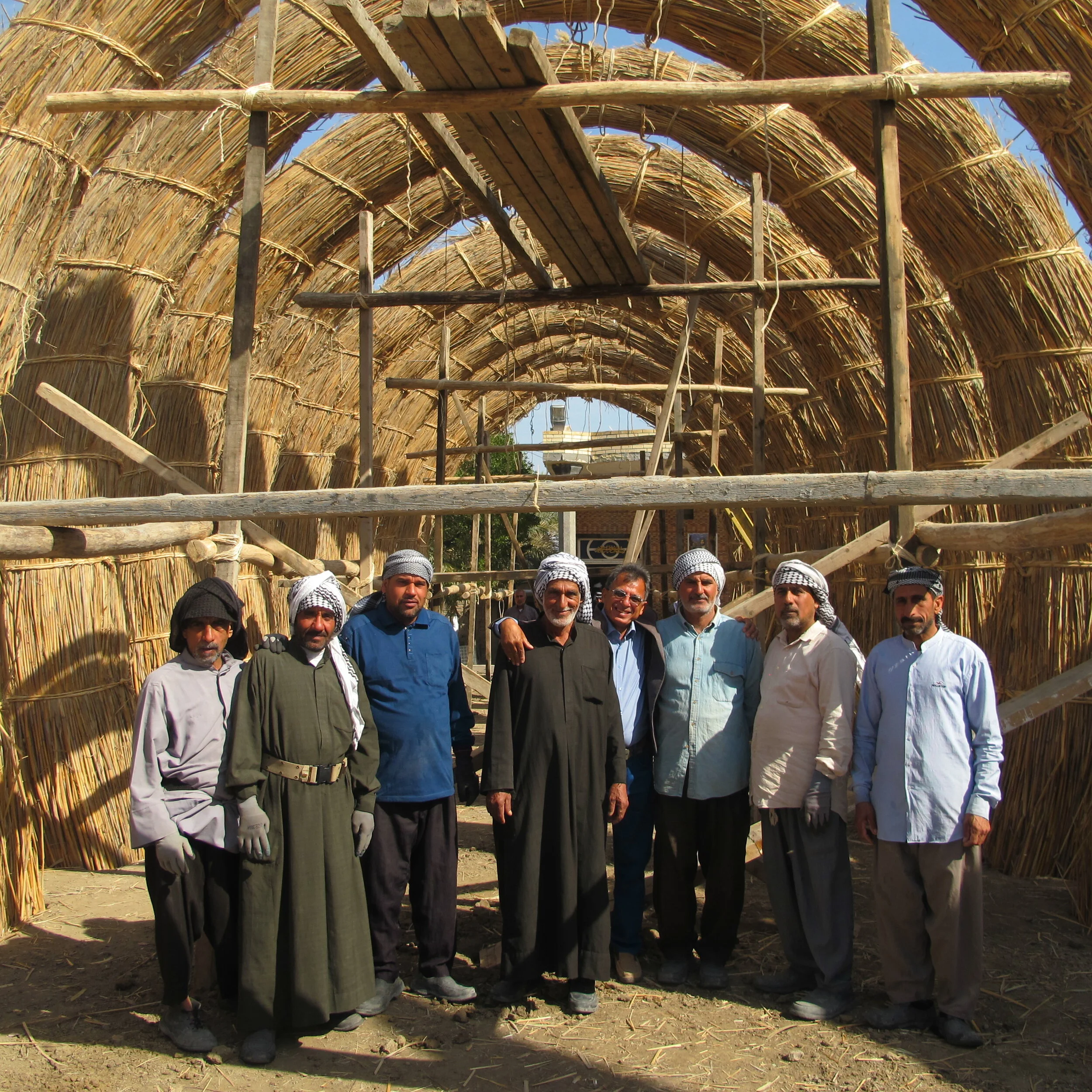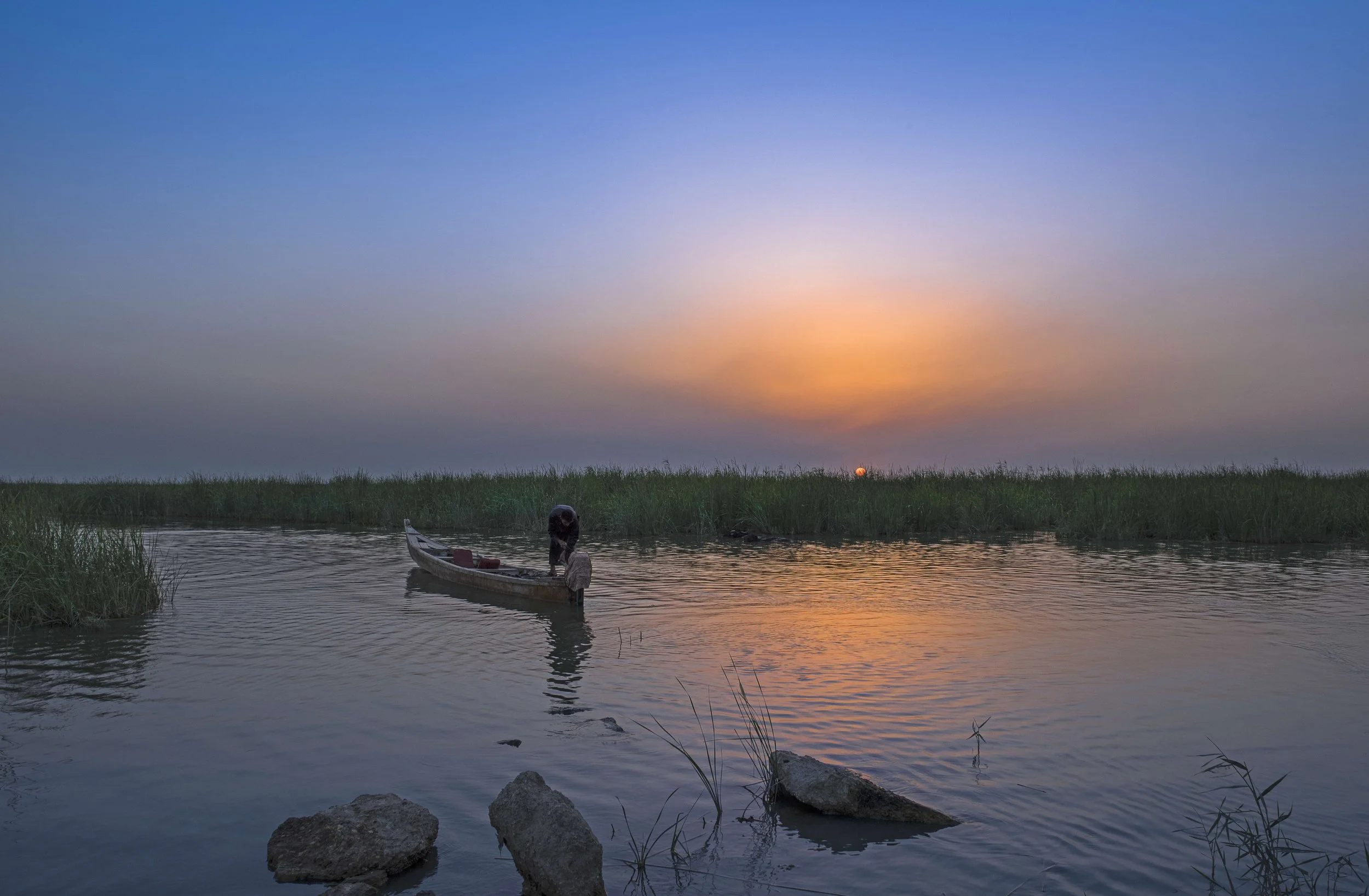NEWLY RELEASED! The Ghosts of Iraq’s Marshes: A History of Conflict, Tragedy, and Restoration, by Steve Lonergan and Jassim Al-Asadi, in collaboration with Keith Holmes. The American University in Cairo Press. Includes six maps, four satellite images, and 25 photographs. Available from Amazon, Indigo, Barnes and Noble, Target, or AUC Press.
Photo: Jassim Al-Asadi
Photo: Mootaz Sami
Photo: Jassim Al-Asadi
“Ghosts” has been selected by Foreign Affairs Magazine as one of the best books of 2024!
https://www.foreignaffairs.com/lists/best-books-2024
Book Review by Lisa Anderson (Foreign Affairs, November/December, 2024)
A stunningly lyrical evocation of the marshes of southern Iraq and the people who call them home, this book follows the life of the irrigation engineer Jassim Al-Asadi. From his childhood in the wetlands to his university education in Baghdad (which included a stint in Iraqi President Saddam Hussein’s prisons) to his lifelong efforts as an advocate and activist to protect, save, and eventually restore the landscapes and livelihoods of the region, Al-Asadi’s life follows the arc of modern Iraqi history. He witnessed the devastating battles of the Iran-Iraq War in the 1980s, the ruinous 1990 Iraqi invasion of and subsequent retreat from neighboring Kuwait, the failed uprising in the early 1990s against Saddam’s government and the reprisals of a spiteful regime bent on draining and destroying the marshes, and the chaotic collapse of infrastructure in the wake of the U.S. invasion in 2003. Despite all these upheavals, the love of the people of the marshes for their remarkable homeland is undiminished. Weaving poetry and environmental science, political analysis and ancient history, mythology and hydrology, the book is at once an edifying and captivating tale about a region threatened yet again by human failures, now in the form of climate change.

